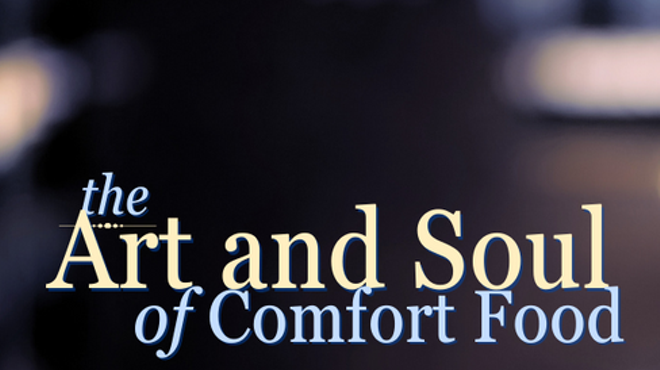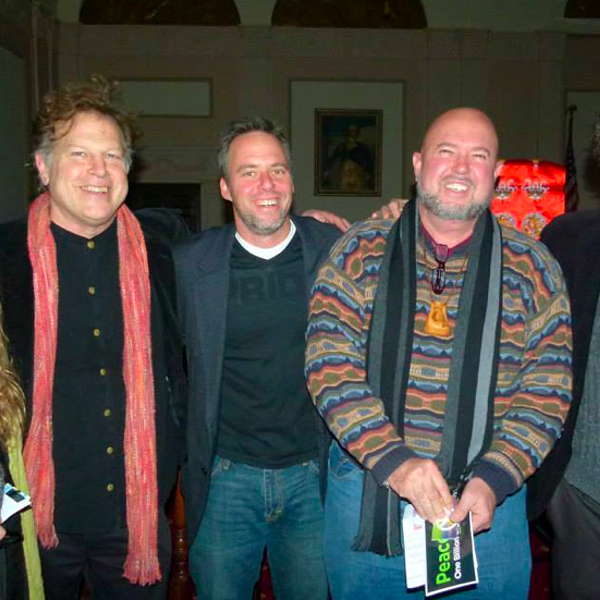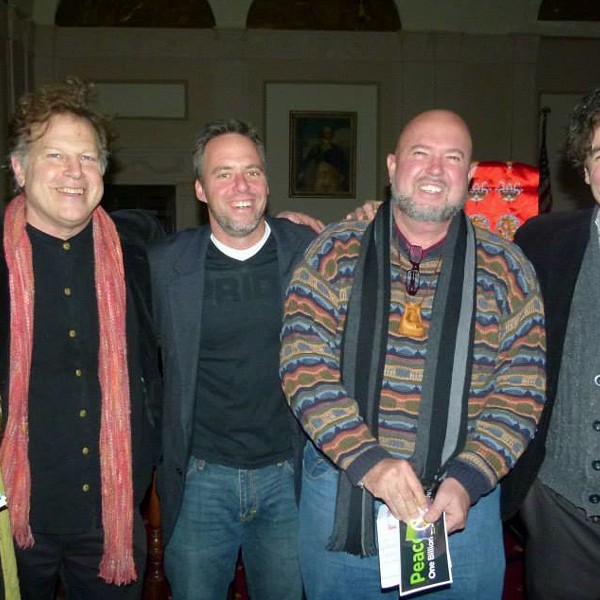There are others who do not experience the effect of the changes. In rural areas where illiteracy levels are very high, women may have heard about the new laws but have no idea what they are. "My servant girl, once her mother died, her aunt came and took her away," said Kareema, a 30-year-old businesswomen. "The aunt claimed she needed her to work around the house. The girl thought she had no choice in the matter because she doesn't understand the law because she cannot even read. And I was teaching her how to read."
BEHIND THE VEIL
Morocco's domestic problems are many. One third of Morocco's population of 30 million is extremely poor, and unemployment abounds. Infant mortality rates are high, and 45 in 1,000 children do not reach their fifth birthday. While overall adult literacy weighs in at 52 percent, a closer look shows a great disparity between males (66 percent) and females (38 percent). Domestic violence has long been a huge problem. Agriculture and tourism are the country's economic mainstays. However, drought and floods occur frequently, and tourism took a major hit after the terrorist attacks of 9/11.
In May of this year, the New York Times reported the "Morocco connection emerging as [a] sleeper threat" in the war on terror. Citing the inability of the Moroccan and European intelligence communities to break into the terrorist communications systems until this past year or to identify major Moroccan terrorists, the article said the "significance" of the Moroccan militant branch of Islam has been "missed."
Indeed, none were more shocked than Moroccans when a series of suicide bombs exploded in four sites in Casablanca in May of 2003 at approximately the same time, killing 41 people and injuring dozens more. Moroccans reportedly complained that Europe intelligence officials did not help enough to find the culprits in the aftermath of the attacks. Whether that is true or not, there can be no denying that the Europeans did get a wake-up call on March 11, 2004, when the Moroccan branch of terrorism arrived in Madrid, Spain, and left their calling card in the form of train bombings that killed 191 people.
And then there is the matter of the Spanish government indicting 36-year-old Amer el-Azizi, a Moroccan who reportedly spent time in training in Al Qaeda camps in Afghanistan. The indictment claims el-Azizi was working with a Spanish Qaeda group that helped plan the 9/11 attacks. He is said to be linked, along with other Moroccan Islamic extremists, to the attacks in Casablanca, and is wanted by the FBI in connection to 9/11.
And a recent New York Times report claims the American war on terror has opened "a new front" spanning "the largely ungoverned swath of territory stretching from the Horn of Africa to the western Sahara's Atlantic coast" that "military officials fear could become the next base for Al Qaeda"-a "new Afghanistan." The article goes on to say that the US military's European Command "has asked for $125 million dollars" to be spent in the region over the next five years. "The program, called the Pan-Sahel Initiative, was begun with $7 million and focused on Mali, Mauritania, Niger, and Chad." All are neighbors of Morocco.
ENTER THE PEACE PROJECT
In response to the acknowledged activities of Moroccan militant Islamists, and the threat they pose both to the war on terror and to the emerging democracy fostered by the young king, the Moroccan government has begun a campaign to open dialogue and create avenues of exchange between Arabs and Americans. The purpose is to fight stereotypes and dispel the many misconceptions between the two that were heightened in the aftermath of the 9/11 terror attacks. Most Americans don't realize that the majority of people in countries such as Morocco fear their governments' being overrun by religious extremists even more than Americans do. Only in this context can one understand the importance of this lone invitation to the Mid-Hudson Valley's homegrown American Peace Project to Marrakech's National Festival of Public Arts.
All but one of the band's members-Dennie Kirtley, percussionist and trumpeter extraordinaire and brother of organizer Kirtley-live in the Mid-Hudson Valley. Arthur, the band's poet and spoken-word artist, met lead singer and songwriter Alysun Panichi, translator Katya Gagnon-Huber, and angelic harpist Ken Kuter at the Omega Institute. The rest of the band-internationally acclaimed drummer David "The Waz" Wasiik, bassist Carl Raacke, and rock guitarist Noah Griffen-are all well-known and highly talented Hudson Valley musicians. All are brilliant, insightful and extrordinary in very separate and different ways. All are interested in sending out a strong message of peace.

















